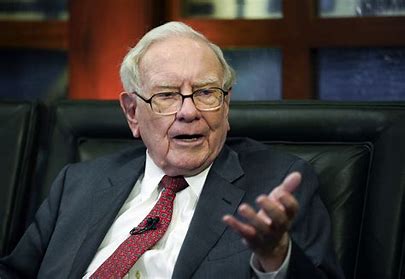Economic forecasting models are varied, but predicting business cycles often relies on theories like Joseph Schumpeter’s innovations theory and William Jevons’ sunspot theory, which can be complex for the average person. An accessible concept known as the “lipstick theory” suggests that during economic downturns, cosmetic sales tend to rise.
So why is the lipstick theory relevant now?
Warren Buffett, a prominent investor and leader of Berkshire Hathaway, is known for his value-driven investment approach. Recently, despite his skepticism about current equity market valuations, Buffett has invested in Ulta Beauty Inc., a cosmetics company. This move has raised questions about whether it signals a potential U.S. recession.
Recent economic indicators, including high interest rates and declining inflation, have led economists to predict a possible U.S. recession. Buffett’s investment in Ulta Beauty, known for its affordable luxury items like lipstick, might be a reflection of his strategy to capitalize on consumer behavior during tough times.
The lipstick theory, proposed by professor Juliet Schor, posits that during economic hardships, women often turn to affordable luxuries rather than more expensive items, viewing them as a small yet meaningful indulgence. Schor suggests that this behavior might be driven by a desire to cope with financial insecurity and seek comfort in small, accessible luxuries.

